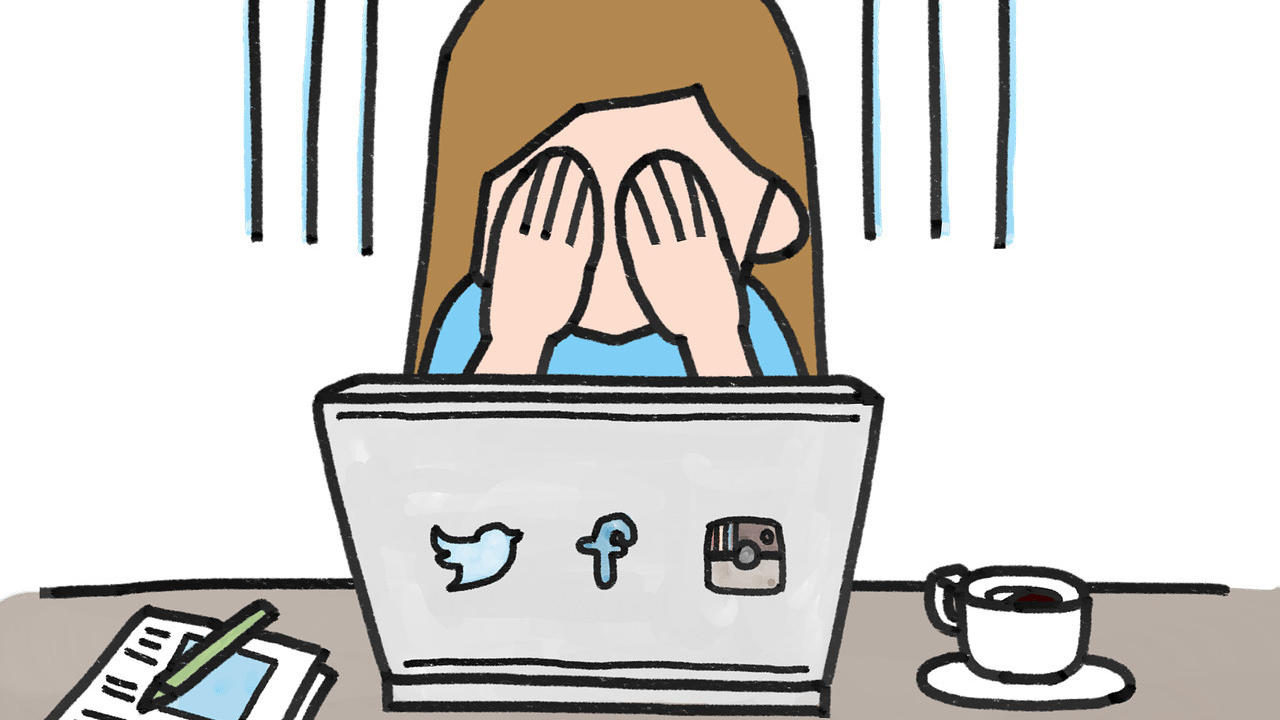
WAHHHH! Writers who lose their writing
Aug 12, 2020If you've ever known this shock, and the resulting regret and self-recrimination, you'll know there's nothing quite like it.
Non-writers would never understand. It's like being kicked in the stomach—by yourself. Because after it happens, you start retracing all your steps leading up to that godawful moment, realizing you could have prevented it.
Do you have a simple backup routine?
You should have a fast and simple way to back up your manuscript after you finish a writing session. If you have to do something newfangled that takes too many steps, you may be tempted to skip it when you shouldn't.
The simplest thing is to always use “Save As” as soon as you open your document, and then add that day's date in the file name. If you manage to have more than one writing session in a single day, you can also add the time (or V1, V2, if you like to think in terms of versions).
Sure, you'll end up with a folder full of progressive version of your manuscript all with different dates, but you can always delete the earlier versions once you've completed the manuscript. This is far better than losing your entire manuscript if something goes wrong.
Get a backup for your backup
In most cases (especially if you have your word processor set to save every minute or so), religiously using Save As should prevent you from losing work during a writing session.
However, this simple procedure isn't enough. You should also invest in a flash drive and save your manuscript to it on a regular basis. A flash drive is simple to use. Just insert it into your machine and drag the document over to the new drive that will pop into view in your folder tree (usually D: drive).

What happens if you lose your writing anyway?
With the proper backup routine in place, you should never lose more than a scene or a few paragraphs. But even that can be devastating.
However, there's a silver lining.
Whenever I've lost something and had to recreate it, I found that I actually liked the second version better. Of course, it feels painful as you're laboring to recreate it. But I can almost recommend losing a small portion of your writing at least once, just so you can experience this.
John Cleese on creativity
I don't normally connect writers to YouTube videos (you knooow you should be writing, not watching videos!) but this video by John Cleese of Fawlty Towers fame is priceless.
Cleese addresses the upside of losing your writing—this was the first time I realized I wasn't alone in noticing the silver lining. He also expresses other simple but profound things about creativity that I couldn't agree with more. (He was speaking to a business group so the last few minutes are not as relevant to writers). It's well worth the 10 minutes.
------
Milli Thornton is a writing coach who has been helping and supporting writers for the past 20 years. She's a deep believer in the powers of creativity and the imagination, and she understands how to trigger that in the writers she helps.


